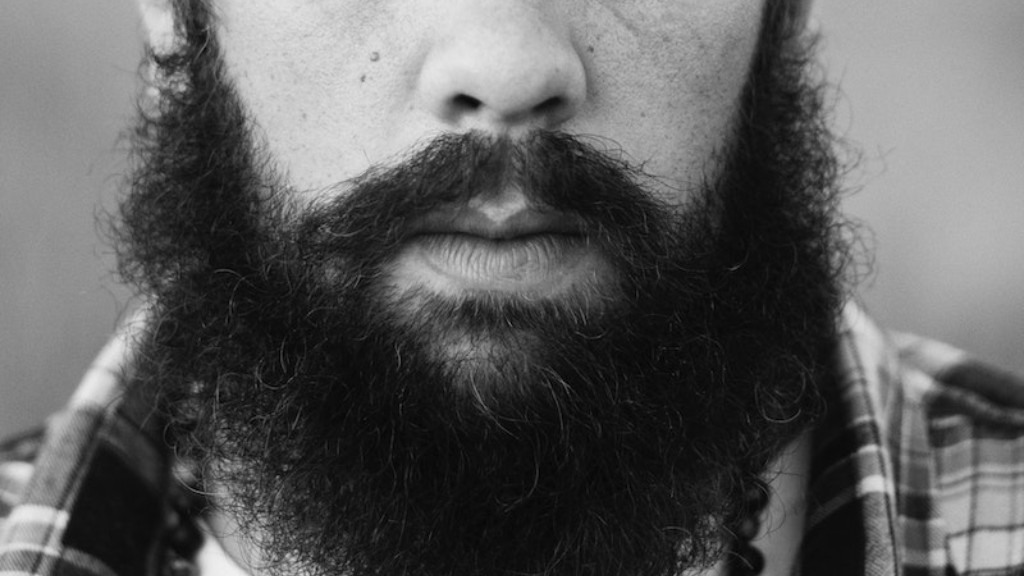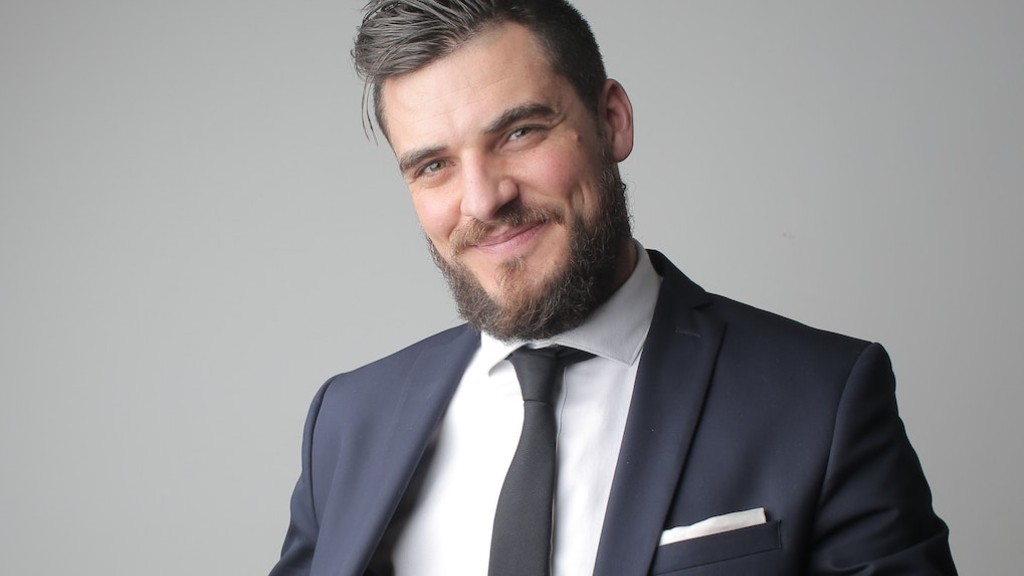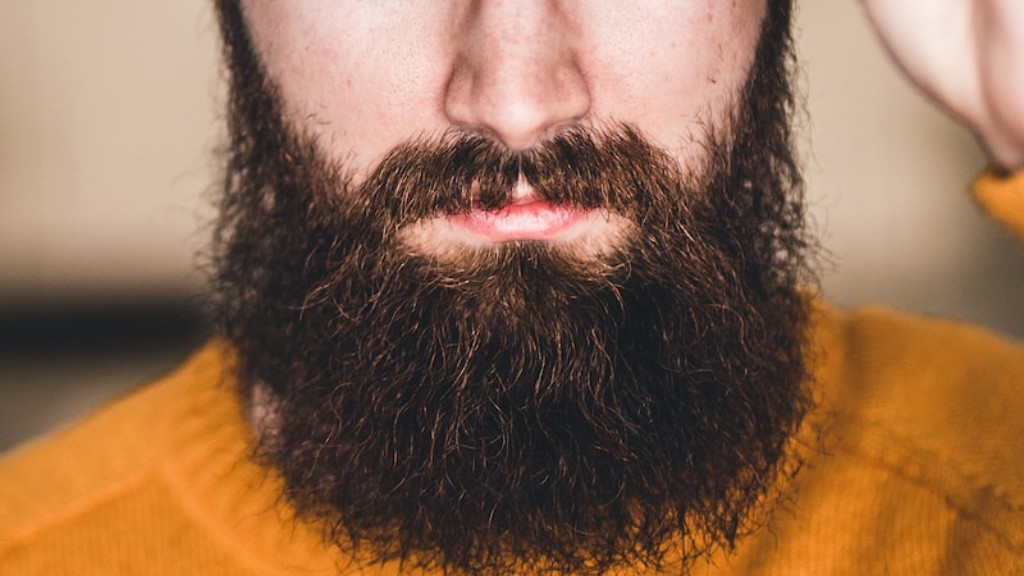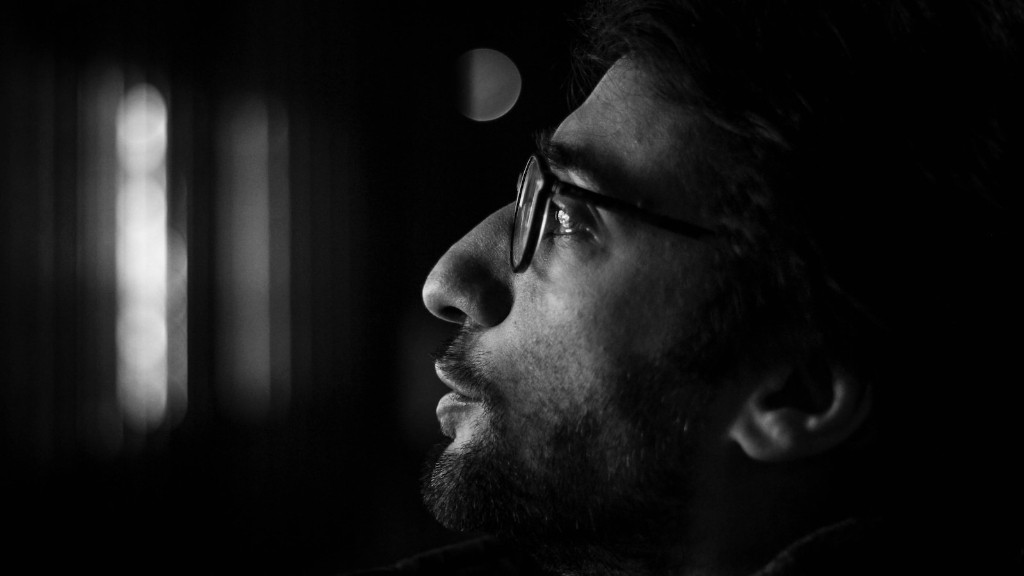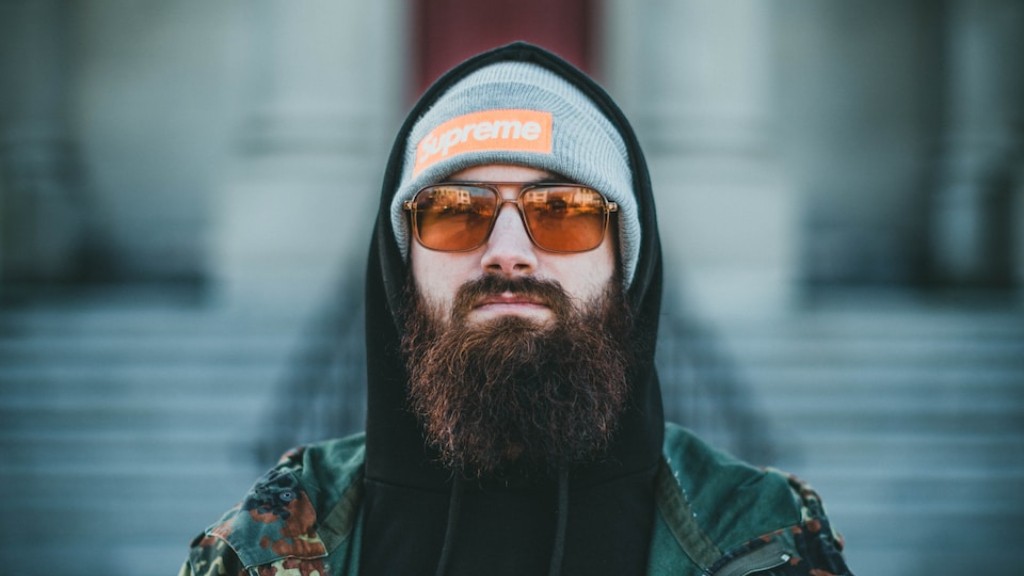No, you should not put beard oil on your scalp. The oil is meant for your facial hair and can actually clog your pores and create scalp acne.
Yes, beard oil can absolutely be used on the scalp! In fact, many men who suffer from dry, itching, or flaking scalp conditions find that regular use of beard oil is a very effective way to combat those issues.
Can beard oil regrow hair on head?
While it may be a popular hair care product, it cannot actually regrow your hair.
Hi,
Just wanted to remind you to wash your hands and apply some beard oil or balm to them! It’s not only good for your cuticles, but it will also nourish your dry, chapped hands – especially during this time of year.
Thanks,
[Your Name]
Is beard oil the same as hair oil
Beard oil typically contains different ingredients than regular hair oil. It is specifically designed to be used on facial hair and the skin underneath, which can be more sensitive than the scalp.
When it comes to treating beard dandruff, I always find that a Jojoba beard oil base or Argan beard oil base works best. After a shower, I apply the oil liberally, massaging it into my scalp. These rich oils target inflammation, restore moisture and protect the skin from external factors.
Does beard oil stop dandruff?
Dry skin is the primary cause of most beard dandruff, so it’s important to keep the skin beneath your beard well moisturized. This will help prevent your skin from drying out and shedding flakes. While most people recommend a beard oil, we prefer a specialized facial moisturizer designed for men with facial hair.
Yes, you can use beard oil even if you have little to no beard hair. The oils in the beard oil can help to moisturize your skin and prevent dryness.
Can beard oil go on skin?
A properly formulated beard oil with Vitamin E can do wonders for your skin. Most people assume oil-based products will clog your pores and leave greasy residue, but premium beard oils use non-comedogenic ingredients that won’t clog your pores.
There are a few potential side effects of using beard oil that you should be aware of before you start using it. These include:
1. Allergic reaction: Many beard growth oil brands (including us) use all-natural products, as these are often better for your skin than synthetic fragrance oils and chemicals. However, some people may still be allergic to certain ingredients in the oil. If you notice any redness, swelling, or itchiness after applying beard oil, discontinue use immediately and consult a doctor.
2. Itching, or contact dermatitis: This is a reaction that occurs when the skin comes into contact with an irritant, such as certain chemicals in beard oil. Symptoms include redness, itching, and burning. If you notice any of these symptoms, discontinue use and wash the area with soap and water.
3. Inflammation: This is a general term that refers to redness, swelling, and warmth. It can be caused by an allergic reaction or by an irritant, such as certain chemicals in beard oil. If you notice any of these symptoms, discontinue use and consult a doctor.
4. Eye irritation: If you get beard oil in your eyes, it can cause irritation
Can you use beard oil on dry hair
Beard oil can help keep your beard soft and silky, and promote healthy growth. It can also help protect sensitive skin and hydrate dry hair.
Beard oil can be used to improve the condition and appearance of your skin and beard. It can help to moisturize the skin underneath your beard and make your beard look healthier.
Is beard oil for skin or hair?
Beard oil is a great way to keep your beard and the skin underneath it healthy and hydrated. The carrier oil (jojoba or grapeseed oil) helps to moisturize and nourish your beard, while the essential oils add a nice scent and can help to keep your beard looking and feeling great.
Coconut oil has been shown to be effective in reducing the amount of Malassezia on the scalp, which can help reduce dandruff and other related issues. Additionally, coconut oil may also help reduce inflammation and pain associated with dandruff, which can be helpful in cases of dandruff related to psoriasis and other skin diseases.
Does oiling scalp help flaky scalp
There are many benefits to oiling your hair, including boosting blood circulation to the scalp and nourishing your hair strands. Oil can also help keep your scalp moisturized, which is important for preventing dandruff. However, oils alone cannot combat dandruff. Some oils contain ingredients that can help fight the fungus which causes dandruff.
Dandruff can’t be cured by oil because it is caused by the overgrowth of a harmless yeast. The yeast feeds on the excess oil and dead skin cells, which leads to shedding and clumping of skin cells into flakes.
How to moisturize scalp?
A dry scalp can be a common problem that is often caused by a lack of moisture. There are a number of ways to treat a dry scalp, including using moisturising shampoo, exfoliating scalp masks, post-shower hair tonic, coconut oil, essential oils, aloe vera gel, or home remedies such as witch hazel or apple cider vinegar.
The major culprit of dandruff is a fungus called Malassezia. This fungus exists on most adults’ scalps. It feeds on the oils on your scalp, breaking it down and leaving oleic acid in its place.
Warp Up
Yes, you can use beard oil on your scalp.
While there is no scientific evidence to support the claim that beard oil can be used to treat scalp conditions, some people swear by it. If you are experiencing dryness, itchiness, or flakiness, you may want to give it a try. Just be sure to do a patch test first to avoid any unwanted reactions.
